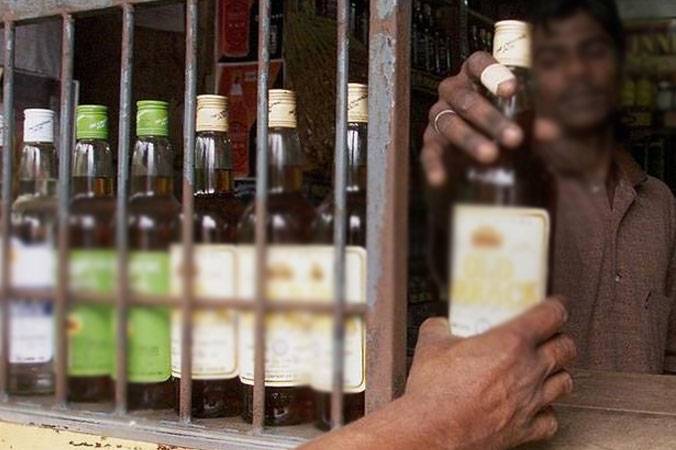Local liquor manufacturers continue to express concerns over the quality and safety of products manufactured using locally-made ethanol, following the Government-imposed ban on the import of ethanol.
The disbursed liquor products manufactured in this way have garnered strong critique from regular consumers who have complained about throat itching, mild and extended headaches, and abnormal vomiting, as well as a drop in taste.
The quality of liquor is generally determined through the three vital aspects of taste, colour, odour/bouquet and mouth feel; all aspects which have drawn significant negative feedback from both consumers and experienced liquor company spokespersons.
Following the import ban in January this year, liquor industry giants were forced to use ethanol produced at two government-run sugar mills in Sevanagala and Pelawatte – leaving them acutely concerned as to whether this locally-manufactured ingredient can deliver on a final product that can match the quality, safety and taste of imported ethanol.
According to Excise Department Spokesman Deputy Commissioner Kapila Kumarasinghe, the import ban on ethanol was imposed in a bid to control the massive amount of revenue flowing out of the country for imports. The Commissioner of Excise has announced in a letter to the Liquor Manufacturing Companies that the ethanol produced in the sugar factories should be used and the supply process should be carried out with the approval of the Excise Department of Sri Lanka.
(FT)

